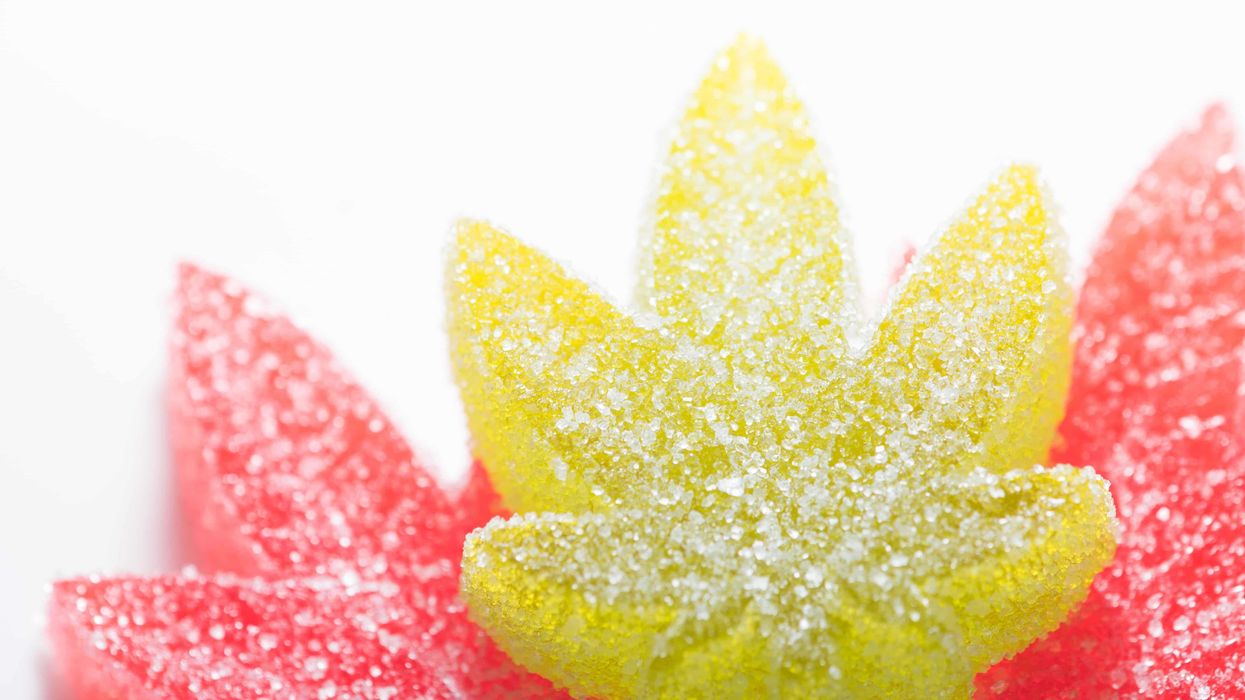The first decade of recreational weed legalization in America established a contradictory precedent. We’ll let you buy it, but you can’t smoke it here. The next phase of adult use in this country will likely be marked by the wider adoption of spaces designed for social use, and the loosening of regulations that have sought to keep consumption hidden away from view.
The rise of social consumption spaces promises to be a more subtle, but perhaps even more significant societal shift than legalization did. Having dedicated spaces to use cannabis might allow people to exist publicly within their cities and towns as weed enthusiasts or medicinal patients, and to foster open communities built around use. Weed tourism, a nascent industry that’s currently hamstrung by the logic puzzle of where one can actually use the cannabis they’ve legally obtained in a place that’s definitely not their own home, might be allowed to fully mature into a real driver of big dollars. But in an environment without uniform federal guidance that dream is still very much a work in progress, left up to the sliding standards of local government.
As of now, here’s where you can, can’t, or will soon be able to enjoy cannabis in public spaces across the United States.
Up and Running
California leads the way on social consumption spaces in the United States, with many existing cafes already open and more on the way. Right now, San Francisco has the most pot lounges in the country, but Los Angeles, which has been accepting license applications for several years, may become the capital of California pot once those waiting come on line. 2018 changes in West Hollywood rules alone presaged a boomlet of canna-businesses there that include smoking lounges, edibles only snack spots, and cafes serving full menus of weed-infused food. San Diego also looks likely to give the green light soon, albeit in a more limited capacity. In 2019, there’s nowhere in the country where weed is as fully woven into daily life as it is in California.
Though it might be stretching the definition of “lounge,” Alaska’s been slightly ahead of the curve too, beginning to allow on-site consumption at weed retail shops earlier this year. The regulation conjures images of slightly awkward dispensary side-rooms. Still, it’s a wrinkle no other state has implemented yet. In Michigan, a grey area exists that’s allowed an establishment near Flint, called the Rec Center, to openly bill itself as the state’s first consumption lounge. But isn’t licensed for sales, and mainly just operates with a similarly friends’ basement vibe where smokers can linger a bit, eat take out, and play board games.
The Perplexing Persistence of a Few Hard Noes
As home to two of America’s earliest adopting states and one of the most culturally weed-friendly regions of the U.S., the Pacific Northwest has been surprisingly resistant to spots for social use. Weed cafes have weirdly never been kosher in pot-saturated Portland, and a bill to change that across Oregon stalled out in the legislature this spring. A few private clubs have popped up in the city, but exist in that familiar twilight of a technicalities being worked around. And despite repeated attempts by advocates to open up Washington state to widespread weed lounges, the idea keeps fizzling quietly in legislative sub-committee, owing mainly to persistent opposition from hardline state Republicans.
Northeastern states have also been pretty square. When voting yes on “Question 1” in 2016, Maine’s voters okayed a vision of adult use pot that included clubs designed for social smoking. State lawmakers thought they knew better, red-lining any designated public use businesses from the final law. As a result, would be business owners who’d hoped to juice the influx of tourism dollars by making Maine a regional weed mecca are out of luck. In Vermont, where 2017’s Act 86 decriminalized weed without actually legalizing commercial sales, fines for public use have still been pretty common, even among licensed medical patients. Introducing proper recreational bills are likely the only way out of that cozy paradox.
Coming Soon?
Several other states are inching ever closer to accepting social use.
Las Vegas lawmakers voted to move ahead with marijuana lounges earlier this year, which would let Sin City visitors add another vice to their vacation check cards. The shift, which comes a full two years into Nevada’s recreational legality, is a bit similar to Alaska, with previously licensed dispensary sellers offered the chance to get special-use permits setting up adjunct smoking rooms inside their existing businesses. After a year that limitation will fall away, opening up the consumption lounge opportunity to those currently outside the cannabis industry. While there’s been some heated discussion about whether not it’s a good idea to let casinos get gamblers intensely baked, the code doesn’t explicitly rule them off limits. It almost seems inevitable that they’ll want to get into the act when allowed to apply.
Massachusetts has taken the first steps towards approval of their own pot cafes. Their Cannabis Commission Control narrowly passing approval for a pilot program by 3 votes to 2 this May. But in keeping with the state’s cautious slow-rolling approach so far, no one expects the spaces to actually exist for another year or two, at least. In weed-legal but still pending Illinois, questions of public weed use were punted from the state legislature to local government. Cities will have a ton of leeway given that the legalization bill lets joint smokers and weed vapers stand apart from the wider Smoke-Free Illinois Act, which had previously banned indoor smoking state-wide.
Looming changes in Colorado are the country’s most significant. Just-passed legislation would allow a wide range of businesses to apply for licensed pot consumption areas, including dispensaries, restaurants, hotels, music venues, yoga studies, and any other spot that could be enhanced by a light-to-heavy buzz. The measure similarly circumvents the Colorado Clean Air Act. That adds up to make Colorado’s social use laws the most permissive and far-reaching in the country. And while the impact on the weed tourism and hospitality industries is a big unknown that could make an enormous difference that will guide the evolution of the industry at large, the cultural impact of a solid test case might be even more profound.
These rules might well finally normalize cannabis, weaving it into the fabric of big cities and small towns alike. If successfully rolled out, Colorado can provide a real-world preview of what a truly destigmatized cannabis industry in the United States can look like.
Sign Up for The Bluntness Newsletter for Your Weekly Dose of Cannabis News
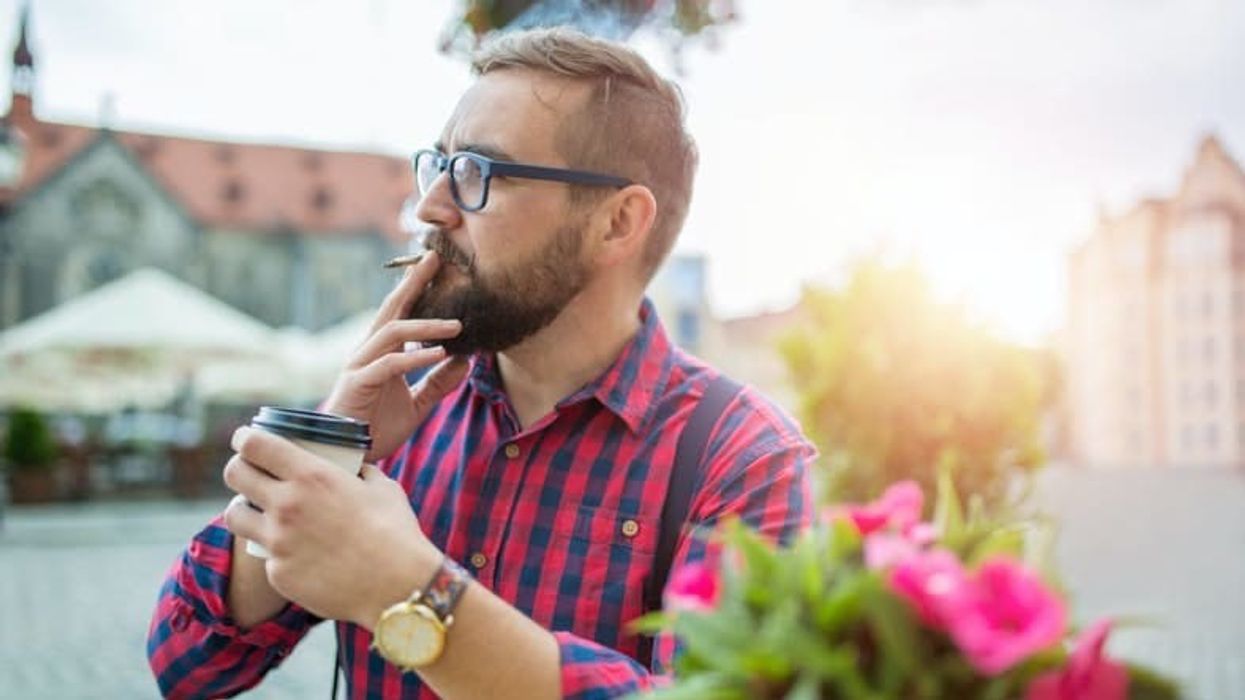

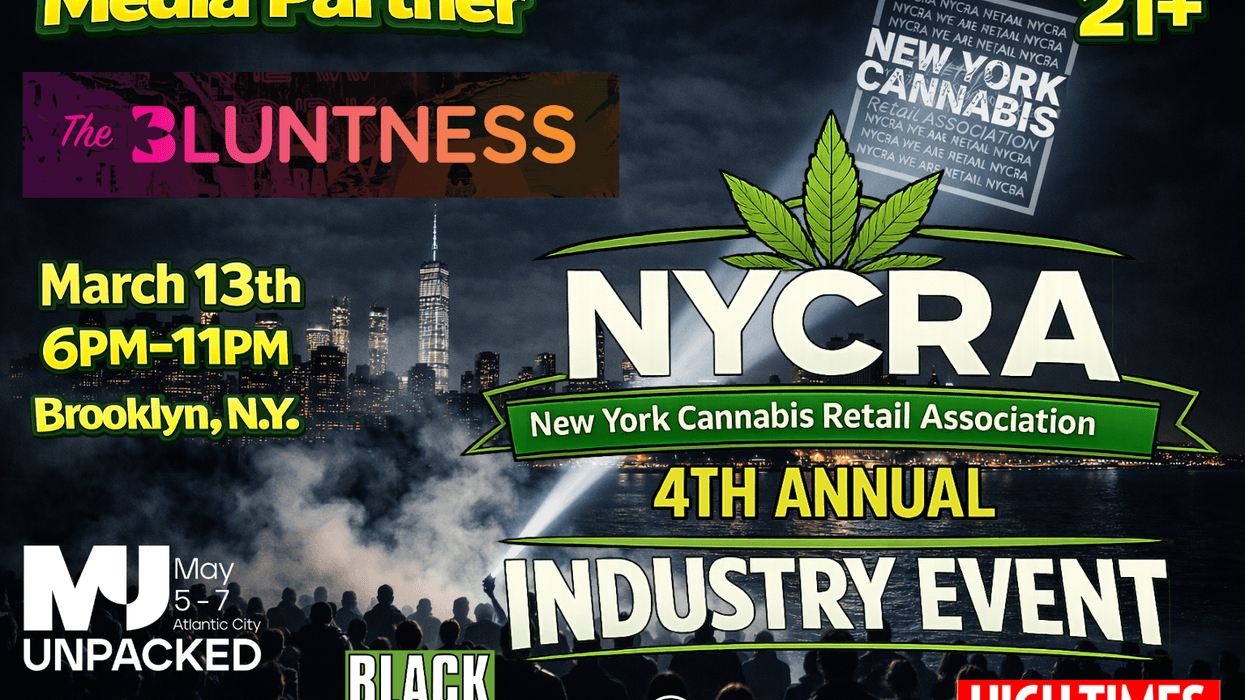







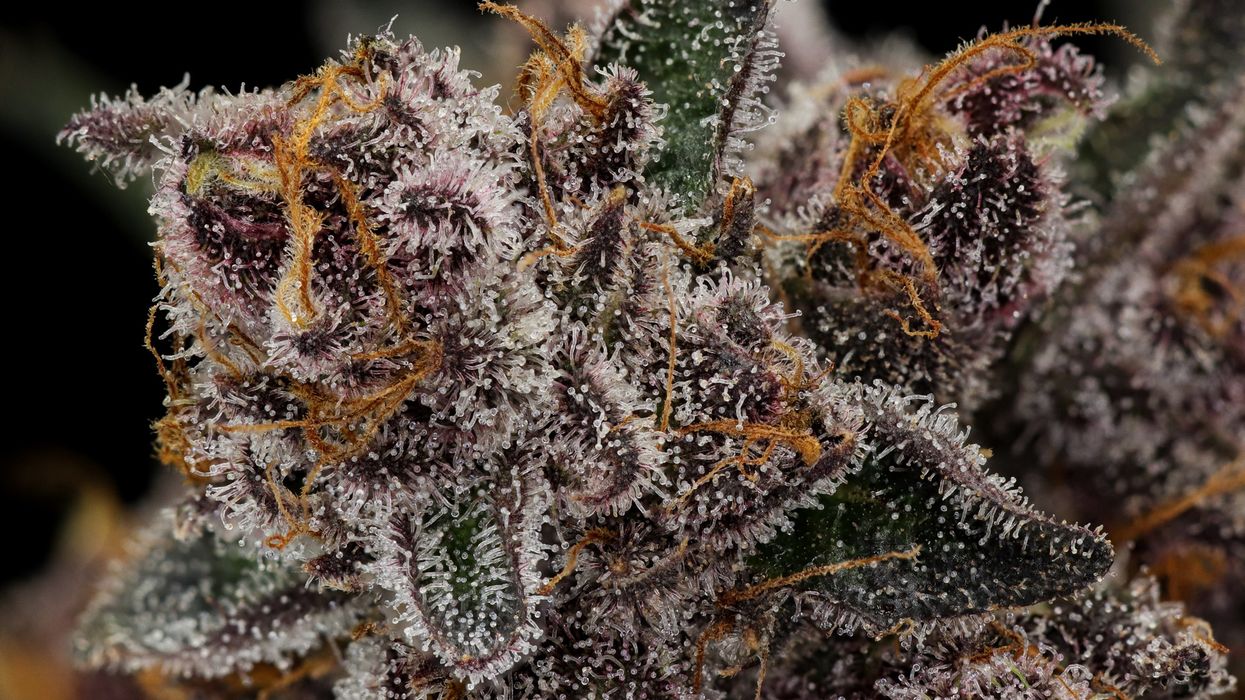


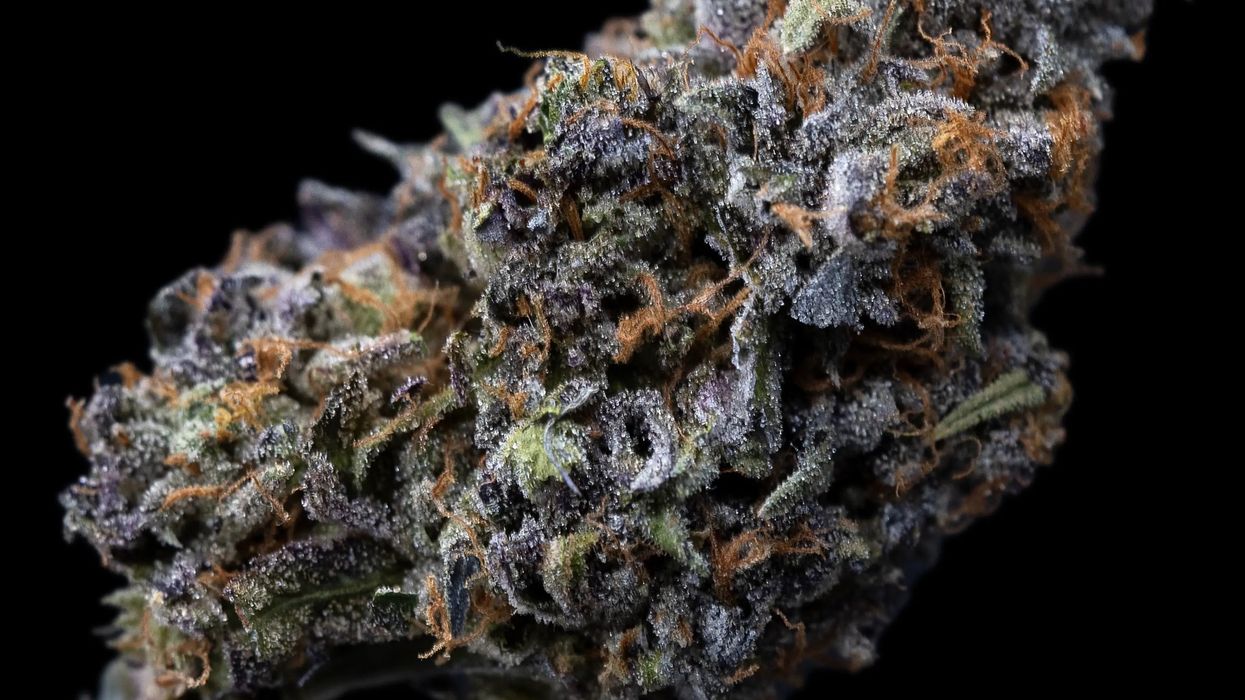
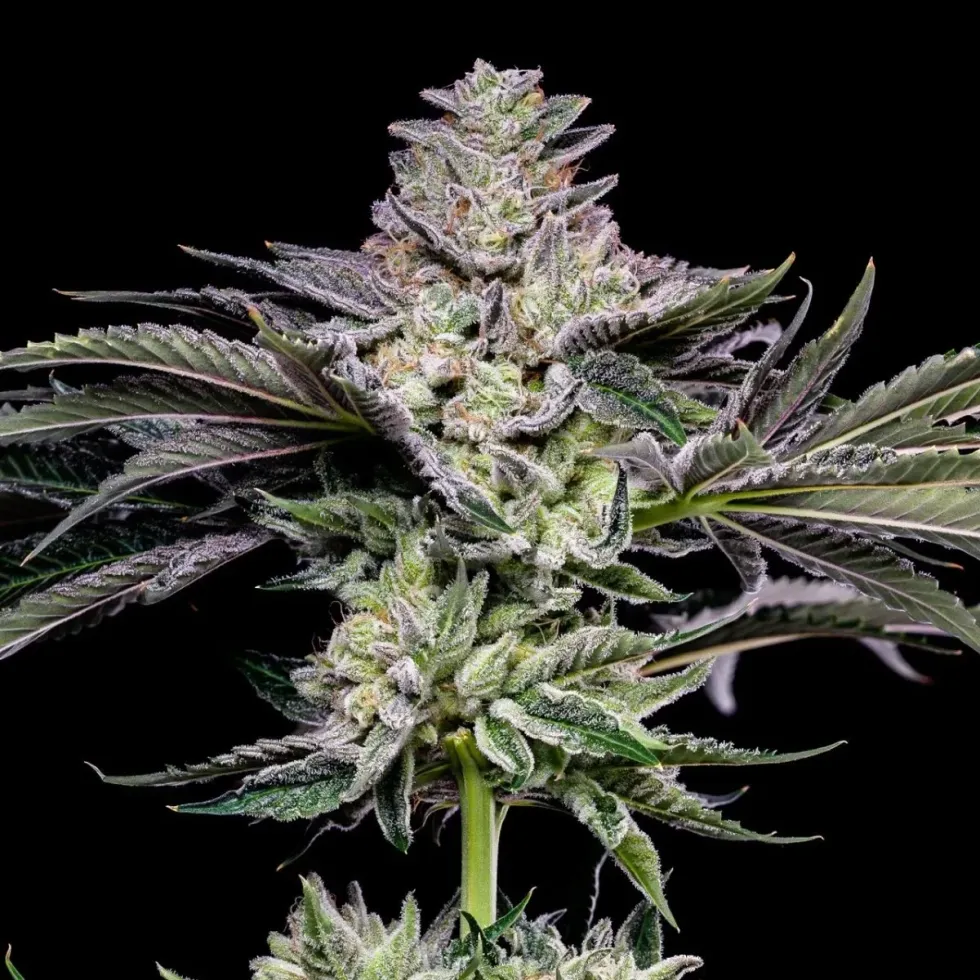 Gush Mints - The BluntnessPremium Cultivars
Gush Mints - The BluntnessPremium Cultivars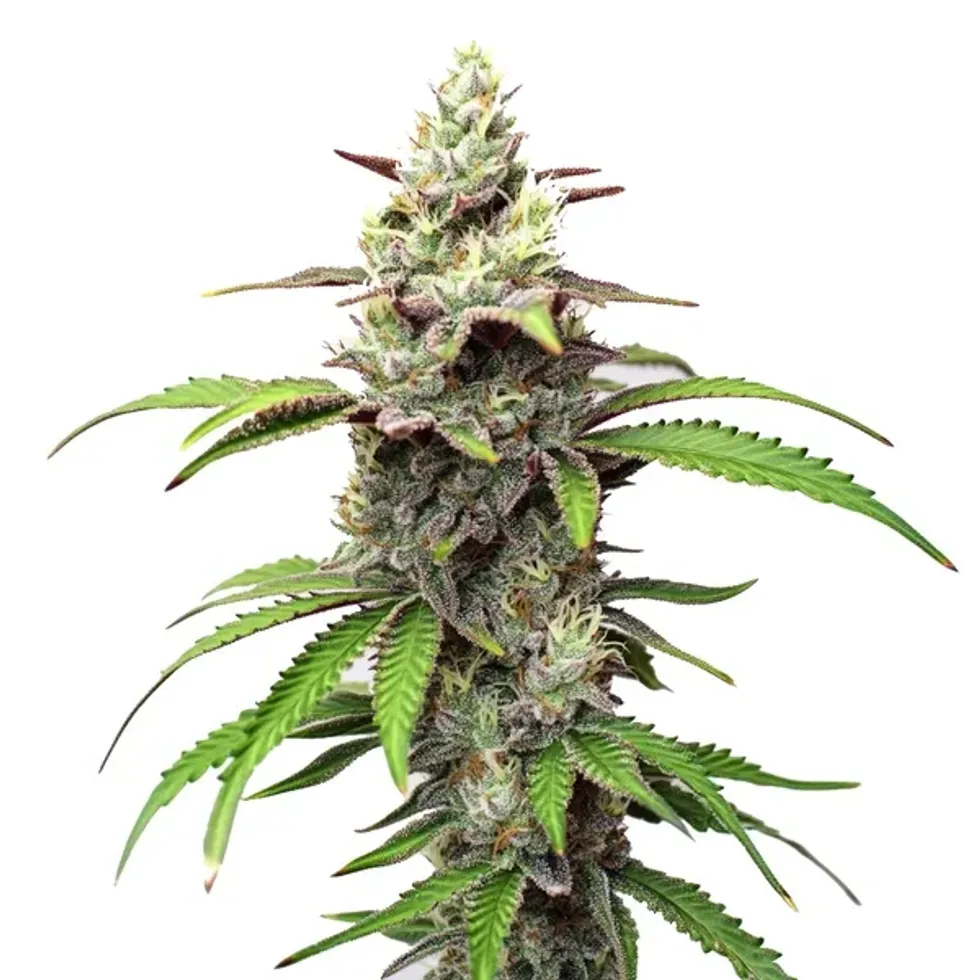 Gush Mints Strain Review - The BluntnessBlimburn Seeds
Gush Mints Strain Review - The BluntnessBlimburn Seeds
 The Truth About THC Candle: Cannabis Candles & How to Make Your Own - The Bluntness
Photo by
The Truth About THC Candle: Cannabis Candles & How to Make Your Own - The Bluntness
Photo by 
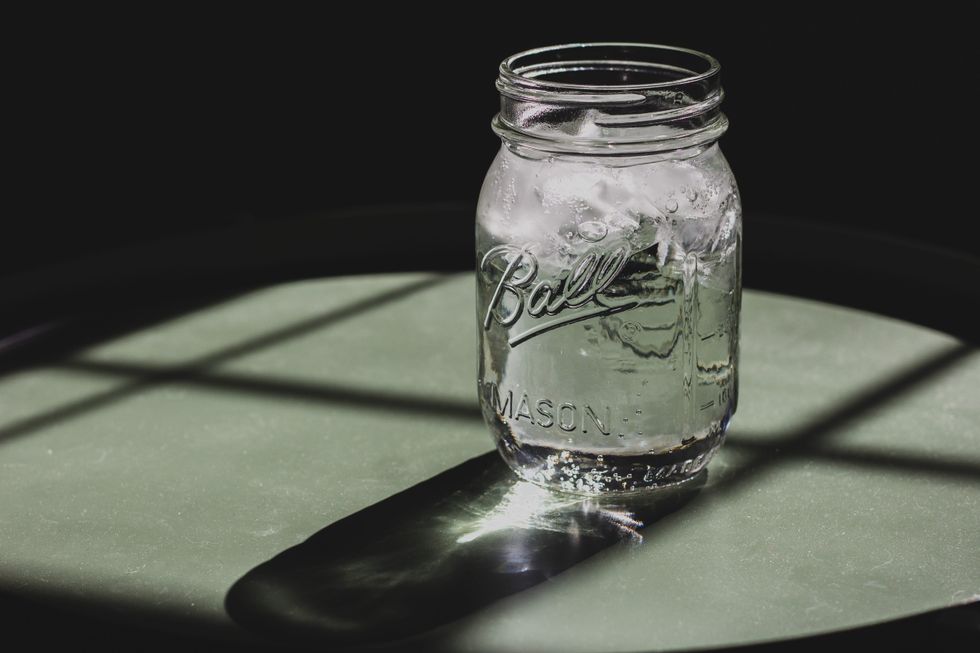 How to Store Magic Mushrooms
How to Store Magic Mushrooms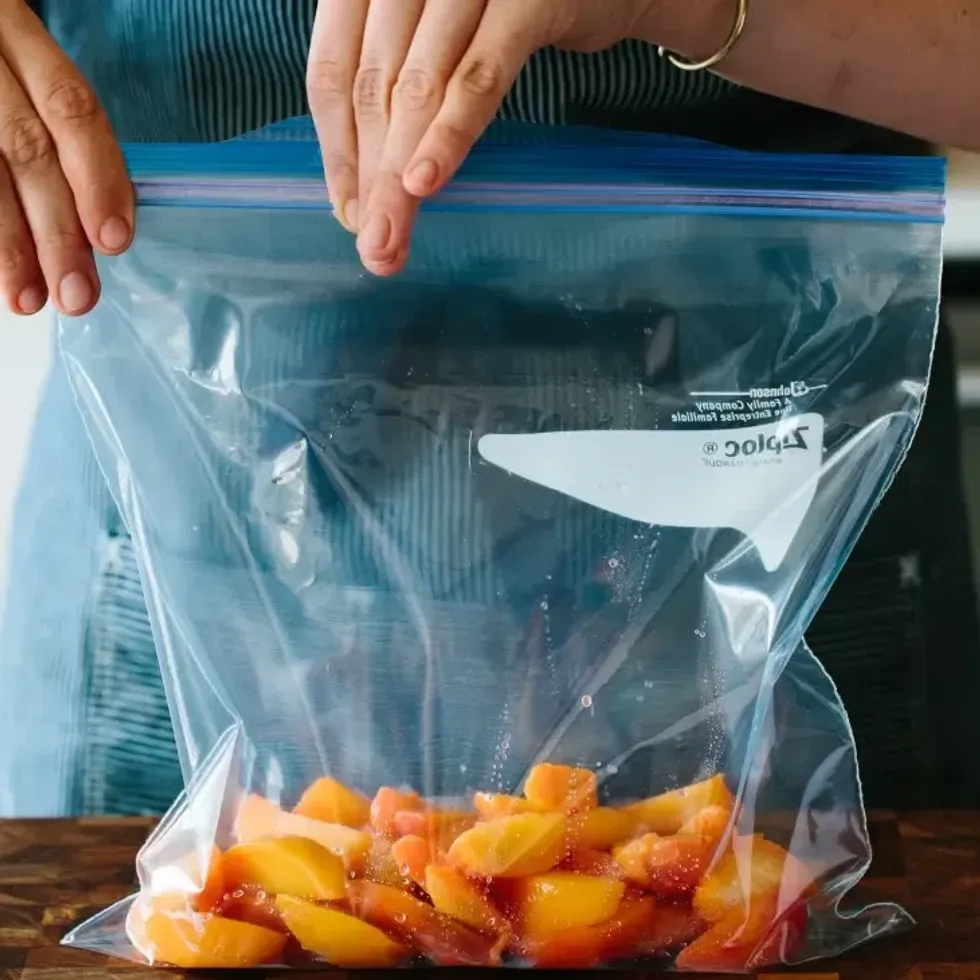 How to Store Magic Mushrooms
How to Store Magic Mushrooms How to Store Magic Mushrooms
How to Store Magic Mushrooms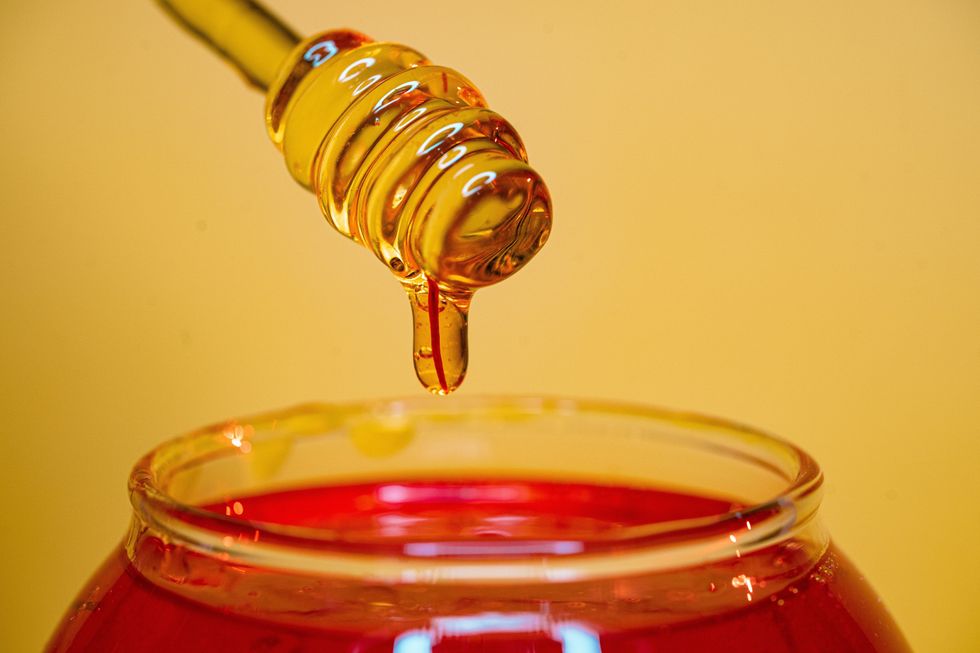 How to Store Magic Mushrooms
How to Store Magic Mushrooms How to Store Magic Mushrooms
How to Store Magic Mushrooms